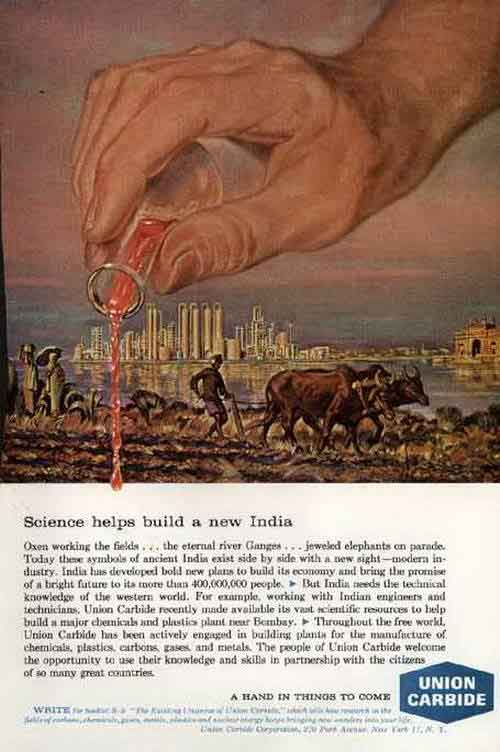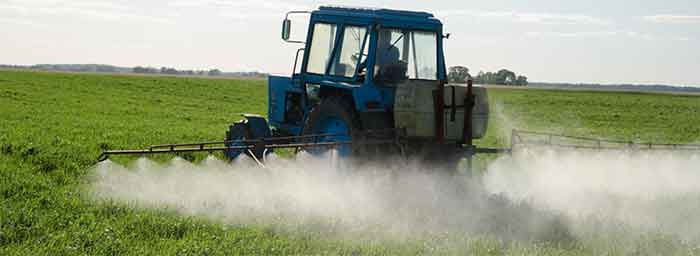To
Joint Secretary (Plant Protection),
Department of Agriculture, Cooperation and Farmers Welfare,
Union Ministry of Agriculture and Farmers Welfare, Govt of India,
Krishi Bhawan, New Delhi-110 001. E Mail: [email protected].
Sub: Comments/ Suggestion on the Draft Insecticides (Prohibition) Order, 2023
Ref. : 1. Gazette Notification, No.:S.O 701(E), dated 2nd February, 2023
- Gazette Notification, No.:S.O 1512(E) dated 18th May 2020
- Gazette Notification, No.: 1678, dated 13th June 2020 Dear Sir/ Madam,
With the current draft order, the Ministry has actually reversed its earlier assessment, in 18th May, 2020, draft notification – ‘being satisfied with the fact that the use of twenty-seven insecticides are likely to involve risk to human being and animals as to render it expedient or necessary to take immediate action’. Three years from publishing the draft notification, yet another draft order in 2023 proposes to ban only three, leaving the remaining 24 pesticides to be allowed for use. Among these 24, 19 are Highly Hazardous Pesticides.
It was clearly mentioned in the 2020 draft order that “the use of twenty-seven insecticides as specified in the schedule to the Notification is likely to involve risk to human being and animals as to render it expedient or necessary to take immediate action”. This causes a serious concern, when Indian government is silently allowing continued use of great majority of the hazardous pesticides, (that too banned in one or more other countries) that were identified to cause adverse effects to human being, other animals and environment by the review committee appointed by the government.
To elaborate, primarily, this draft notification mentioned above is dated 2nd February, 2023, issued on 15th February, 2023 and published on 16th February, 2023, as per eGazette. It also mentions that comments are expected with “a period of thirty days from the date on which the copies of the Gazette of India containing this order are made available to the public”. There is some confusion about the commenting period and its deadline, given the 3 different dates, of the same notification.
It is not clear as to why instead of issuing the final notification of the previous draft 27 pesticides ban, the current draft under discussion mentions only 3. Thus, this 3/27 draft Order is surprising and it would have been more appropriate and logical if all the 27 pesticides were included in this list.
In the draft 3/27 draft notification, only 8 have been listed for label claim change. The other 16 other pesticides, listed in 27 pesticides draft notification in 2020, have been left out completely. There is no mention about the 16 pesticides, listed among the 27 pesticides, and their status in the draft notification under discussion.
This draft notification is not in line with the decision of Registration Committee (22nd December, 2015), the Certificate of Registration of technical and its formulation shall be deemed to be invalid for all the 27 pesticides (listed in 2020 draft notification) w.e.f. from 1st January, 2018 if studies as recommended by the Expert Committee is not submitted by December, 2017.
Instead of invalidating the Certificate of Registration of all 27 pesticides, as per the above, 6 years later, the current notification merely proposes label claim change for only 8 pesticides. It is a complete reversal of the earlier Registration Committee decision. We would like to know the details as to the scientific reason for this change in decision
Among these 16 pesticides that are left out, 12 are Highly Hazardous Pesticides, as per PAN International and JMPM criteria.
Among 27 pesticides, 16 are deemed-to-be registered pesticides. This means these 16 have not undergone regulatory scrutiny at all. These 16 have not undergone the process of registration scrutiny parameters such as efficacy, biosafety, residues, persistence, waiting period, toxicity, health and environmental effects. These are: 2,4-D, Atrazine, Butachlor, Captan, Carbofuran, Dicofol, Dimethoate, Dinocap, Diuron, Malathion, Mancozeb, Monocrotophos, Quinalphos, Thiram, Zineb and Ziram. So, there is every reason to believe that some, or all of these chemicals may be of threat to ecosystem and human health. It is desired that the reason for retaining these chemicals for public use be informed to us.
In this 3/27 draft order, 8 deemed-to-be registered pesticides have been left out. These are: 2,4-D, Atrazine, Butachlor, Captan, Diuron, Thiram, Zineb and Ziram. Some of the pesticides have been prohibited by certain States, earlier.
In my view, this 3/27 draft order has completely diluted the earlier draft notification on 27 pesticides. There are no studies to back up this dilution. CIBRC has to explain how changes in the label claim will help in avoiding the hazards of the particular pesticides, when the Expert Committee has marked them as dangerous to be used. It is quite surprising to note that a scientific body like CIBRC is taking decisions without proper scientific basis, even when the impact can be serious health damage to the population. We would request to publicise the copies of scientific evidences based on which the CIBRC has taken these decisions as per the draft order.
We recognise that the 2020 proposal of banning 27 pesticides is a responsible, welcoming development and timely decision from the authorities for protecting public health and environmental well-being in the country. Some of the pesticides proposed for ban are implicated in both occupational and self-poisonings in India. Monocrotophos, quinalphos, chlorpyriphos, acephate and malathion were reported as pesticides responsible for poisoning deaths in India. Therefore, banning them is expected to bring down poisoning incidences and ensuring a safe working environment in India. PAN India requests the issue of final notification of 27 pesticides, in toto, as it was based on the recommendations by a learned body.
We expect the Ministry of Agriculture Cooperation and Farmers Welfare to stand by the findings of its Expert Committee and that it will base its final decision on independent, global, and scientific evidence and concrete experiences of farmers, not the self-serving and profit-motivated statements by the chemical industry. We request the Ministry to ban production, export, import and usage of all these 27 pesticides, as recommended and as notified on 18th May, 2020.
Instead of limiting the prohibition to three pesticides now, the government should have issued final notification of the draft dated 18th May 2020. We strongly recommend that the Union Agriculture Ministry ban all the 27 pesticides as recommended and as notified on 18th May, 2020, for the following reasons:
- As per Registration Committee decision in 2015
- Based on recommendations of Anupam Verma Committee report
- Among 27, 16 pesticides have bypassed mandatory scrutiny, as per law
- Some States like Maharashtra and Kerala have recommended ban on some of these 27 pesticides
- Residues of some of these 27 pesticides were frequently found at high levels, across the country, in vegetables and other food items
- 22 of the 27 have been identified as highly hazardous pesticides at international level
- These 27 pesticides (11 insecticides, nine fungicides and 7 weedicides) constitute less than 10 percent of pesticides used. Banning these 27 pesticides would not impact food security and agriculture production in the
In conclusion, we recommend the Ministry of Agriculture and Farmers Welfare to ban all these 27 pesticides without delay. Further, we urge the Agriculture Ministry to review all the remaining pesticides registered in India and come up with stringent regulatory measures, including a possible ban of more hazardous pesticides.
Thanking you for your attention and further action in this regard.
Dr. Narasimha Reddy Donthi, Public Policy Expert
Email: [email protected] Hyderabad
















































